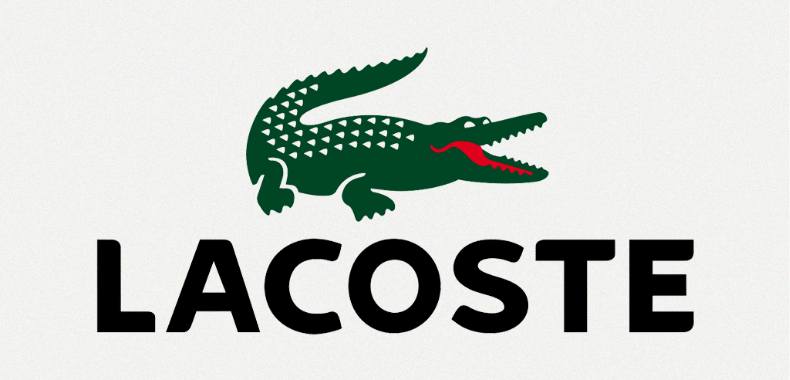In a recent decision, the Brazilian Superior Court of Justice (STJ) addressed in Special Appeal No. 1.610.728 a crucial issue concerning intellectual property rights, particularly in the context of genetically modified organisms (GMOs) in agriculture. The case revolved around the Roundup Ready soybean, a genetically modified crop, and its implications for patent protection and agricultural practices.
The central question was whether soybean producers could freely use, sell, or exchange the seeds of Roundup Ready soybeans without infringing upon the intellectual property rights of the patent holders. STJ further examined if such acts would constitute a violation of patent rights or if they fell within permissible acts due to exhaustion of rights.
The analysis of the case began with an examination of the provisions of the Brazilian Industrial Property Law (Law No. 9.279/96) regarding the possibility of patenting of transgenic microorganisms to provide temporary exclusivity to inventors. The legal framework established by the mentioned law aligns with international standards such as TRIPS and upholds the constitutional duty to protect intellectual property rights.
Another highlight of the decision was the distinction between patents and plant breeders’ rights. STJ understood that the scope of protection of the mentioned rights are materially difference, since patents safeguard the inventive process or the genetically modified material itself, while plant breeders’ rights pertain to the reproductive material of the entire plant. The court further concluded that there is no inherent conflict between these legal regimes; rather, and that they operate as complementary systems.

Furthermore, STJ clarified that while the principle of exhaustion typically applies to patented products, there is an explicit exception for living organisms intended for commercial propagation. This exception ensures that the exhaustion principle does not apply to genetically modified materials used for reproduction, as they do not fall under the category of non-reproducible living matter.
Based on these considerations, STJ ruled that the limitations on intellectual property rights outlined in the Brazilian Plant Variety Protection Law (Law 9.456/97) are not applicable to holders of patents related to transgenic products whose technology is present in the reproductive material of plant varieties.
In conclusion, this landmark decision provides clarity on the intersection of intellectual property rights and agricultural biotechnology, establishing important precedents for future cases in Brazil’s legal landscape. It reaffirms the importance of striking a balance between innovation incentives and public interest in promoting agricultural development while respecting intellectual property rights.
—
Author: Cesar Peduti Filho, Peduti Advogados.
Source: Segunda Seção aplica Lei de Propriedade Industrial e reconhece proteção à soja transgênica da Monsanto (https://www.stj.jus.br/sites/portalp/Paginas/Comunicacao/Noticias-antigas/2019/Segunda-Secao-aplica-Lei-de-Propriedade-Industrial-e-reconhece-protecao-a-soja-transgenica-da-Monsanto.aspx)
—
“If you want to learn more about this topic, contact the author or the managing partner, Dr. Cesar Peduti Filho.”
“Se quiser saber mais sobre este tema, contate o autor ou o Dr. Cesar Peduti Filho.”




